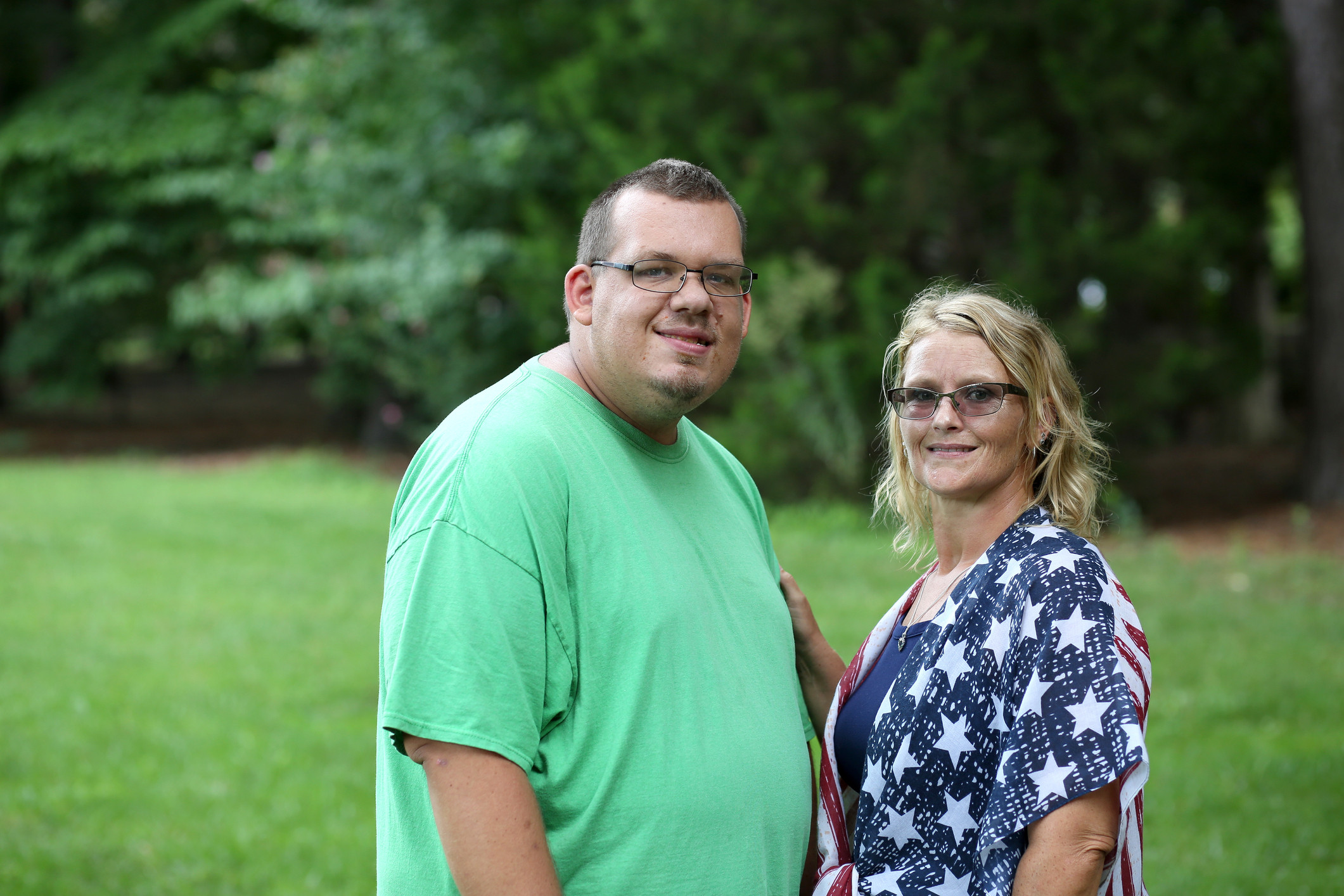
Trying to lose weight? Be careful not to lose muscle

Is your skin problem actually an autoimmune condition?

People with diabetes face higher risk of hearing loss

Antibiotic-free fixes for recurrent UTIs

Musculoskeletal syndrome of menopause: When menopause makes you ache all over

When can older women stop getting mammograms?

To lose weight, especially harmful belly fat, combine diet and exercise

Can men hold off on treating recurring prostate cancer?

The 7 types of rest and why we need them all

What are the early warning signs of cervical cancer?
Harvard Health Blog
Read posts from experts at Harvard Health Publishing covering a variety of health topics and perspectives on medical news.
Articles
Eating during COVID-19: Improve your mood and lower stress
Staying at home during the COVID-19 pandemic is challenging for everyone, and the increased anxiety (and boredom) can cause people to abandon their healthy eating intentions and snack on whatever is around. But with a little thought and planning, you can continue to make good food choices and maybe even boost your mood and immunity.
Scrubbing your hands dry? Soaps, moisturizers, and tips to help keep skin healthy
We all know we’re supposed to wash our hands thoroughly many times a day to help prevent the spread of the coronavirus, but doing so can make skin dry and cracked. What’s the best way to combat this?
Kids fighting nonstop? How to manage during school closures
Siblings are not used to spending so much time with each other, so if your children are fighting more during the pandemic-related school closures, here are some tips to help you manage their behavior.
Lifestyle changes are important even if you take medications
People who are prescribed medication for high cholesterol or high blood pressure may be more likely to gain weight and less likely to exercise, but for those who are on such medications, it’s even more important to commit to making healthier lifestyle choices.
Recovering from addiction during a time of uncertainty and social distancing
Because the very nature of recovery support involves face-to-face interaction, whether in support group meetings or dispensing medication, it is at odds with the need for social distancing during the COVID-19 crisis, creating barriers to receiving support and maintaining recovery.
EVALI: New information on vaping-induced lung injury
How does cardiovascular disease increase the risk of severe illness and death from COVID-19?
Initial investigation into COVID-19 focused on its respiratory effects, but a more recent report describes serious cardiovascular complications in people with pre-existing heart disease. How does this underlying condition increase risk for these people?
Ranitidine (Zantac) recall expanded, many questions remain
The FDA has not yet released the results of its testing of the heartburn medication ranitidine. The testing method used by the online pharmacy that originally alerted the FDA may have affected their results.
Recognizing and treating depression may help improve heart health
COVID-19: If you’re older and have chronic health problems, read this
Older people who have a chronic medical condition are at increased risk for severe disease and death if they contract COVID-19. Just how old is “older,” what constitutes chronic disease, and how can you lower risks?
Older adults and medical marijuana: Reduced stigma and increased use
Cannabis use among older adults has been steadily increasing, due to lessening stigma and increased interest in using medical marijuana. But there are specific concerns for older people, so anyone considering this option should have a conversation with their doctor weighing the benefits and risks.
Is it safe to see the pediatrician for vaccines and medical visits?
Concerned about pediatric visits right now? Is it okay to wait on a child’s vaccinations or better to stick to the schedule? What about appointments for other routine matters? What is serious enough to justify the risk?
OK, boomer: You’re not the only one who needs testing for hepatitis C
Recent guidelines for screening for hepatitis C focused on baby boomers because that population had most of the undiagnosed infections, but because new infections are increasing fastest in those 20 to 39, the guidelines have been revised.
Have a headache? The top 7 triggers
There are several common triggers for headaches. Identifying the one that is causing your headache is the first step toward avoiding it or ensuring you can treat it properly.
Strategies to promote better sleep in these uncertain times
Thinning hair in women: Why it happens and what helps
Hair loss affects at least a third of women, but unlike men, women are more likely to experience thinning hair than going bald. There are many possible causes and some solutions.
Coping with the coronavirus pandemic for people with anxiety disorders
The coronavirus pandemic causing COVID-19 understandably makes most people feel anxious. Coping with the challenges is even more difficult for the many people who have a pre-existing anxiety disorder.
Why follow a vaccine schedule for children?
Research suggests just 63% of families follow the recommended childhood vaccination schedule. Altering the schedule by skipping vaccines or spreading them out may be putting children at risk, as well as others in the community.
Apps to keep us connected in a time of social distancing
The challenge of being isolated from loved ones and friends can be eased by using any of several different apps that enable various types of communication, including video calls and messages.
Harvard Health Ad Watch: What’s being cleansed in a detox cleanse?
The idea of a detox diet or cleanse seems like it might be beneficial, and the advertising is certainly compelling, but these products are not regulated in any way. Evidence of beneficial effects from using them is limited, and there are reports of side effects and complications.
Can telehealth help flatten the curve of COVID-19?
Virtual health care is a convenience in ordinary times, but a valuable tool during a crisis like the one we are experiencing. Also called telehealth, telemedicine, or digital care, it allows medical staff to evaluate patients to determine possible treatment needs and whether they can remain at home.
Opportunities for growth: Transitions for youth with autism spectrum disorder
For young people with autism spectrum disorder, the transition from adolescence to adulthood is marked by changes in many areas of their lives. Healthcare providers and caregivers can make this transition smoother and help their patients meet these challenges.
Skin tag removal: Optional but effective
Skin tags are small, benign growths of skin that frequently appear in areas of friction on the skin. They are harmless and do not need to be removed, but some find them unattractive so there are various ways this can be done.
What one study from China tells us about COVID-19 and children

Trying to lose weight? Be careful not to lose muscle

Is your skin problem actually an autoimmune condition?

People with diabetes face higher risk of hearing loss

Antibiotic-free fixes for recurrent UTIs

Musculoskeletal syndrome of menopause: When menopause makes you ache all over

When can older women stop getting mammograms?

To lose weight, especially harmful belly fat, combine diet and exercise

Can men hold off on treating recurring prostate cancer?

The 7 types of rest and why we need them all

What are the early warning signs of cervical cancer?
Free Healthbeat Signup
Get the latest in health news delivered to your inbox!
Sign Up

























